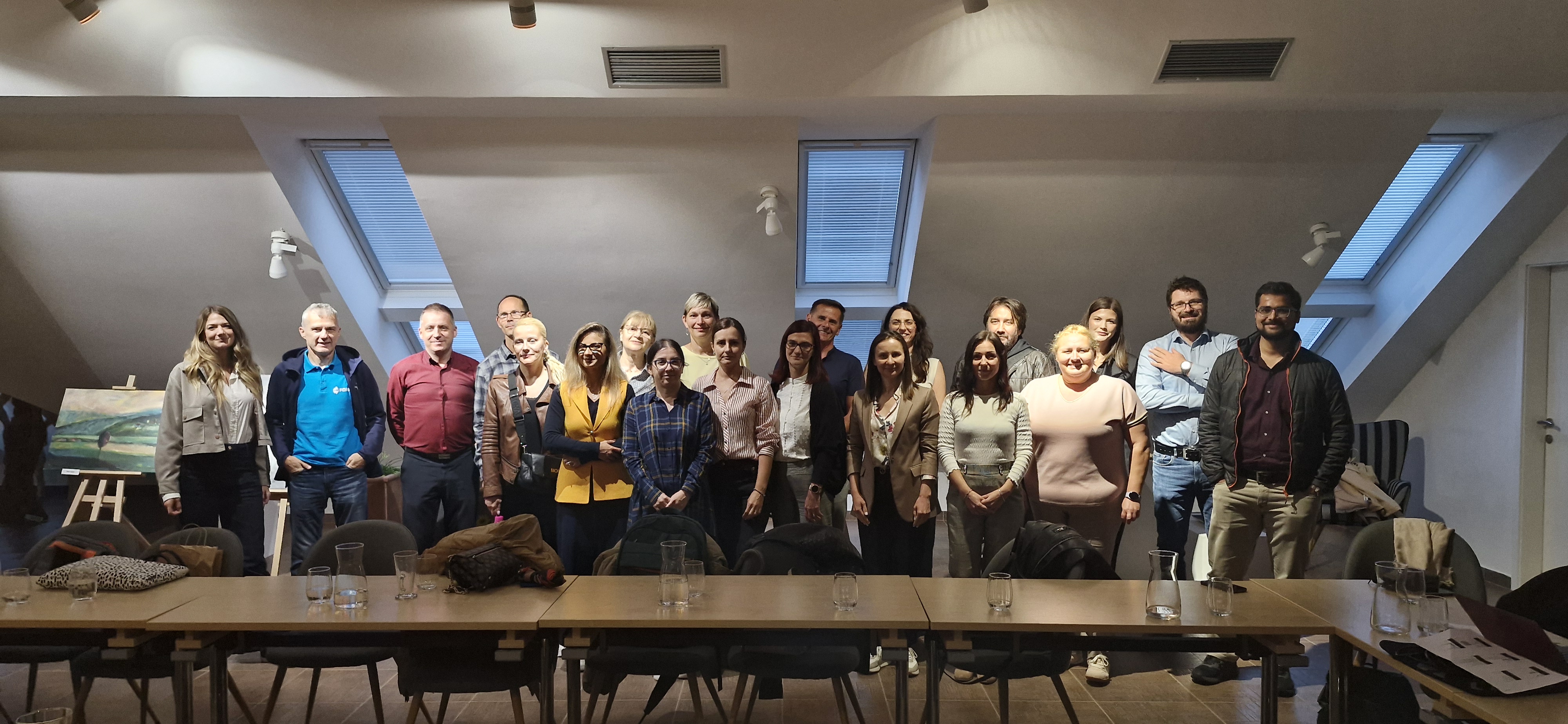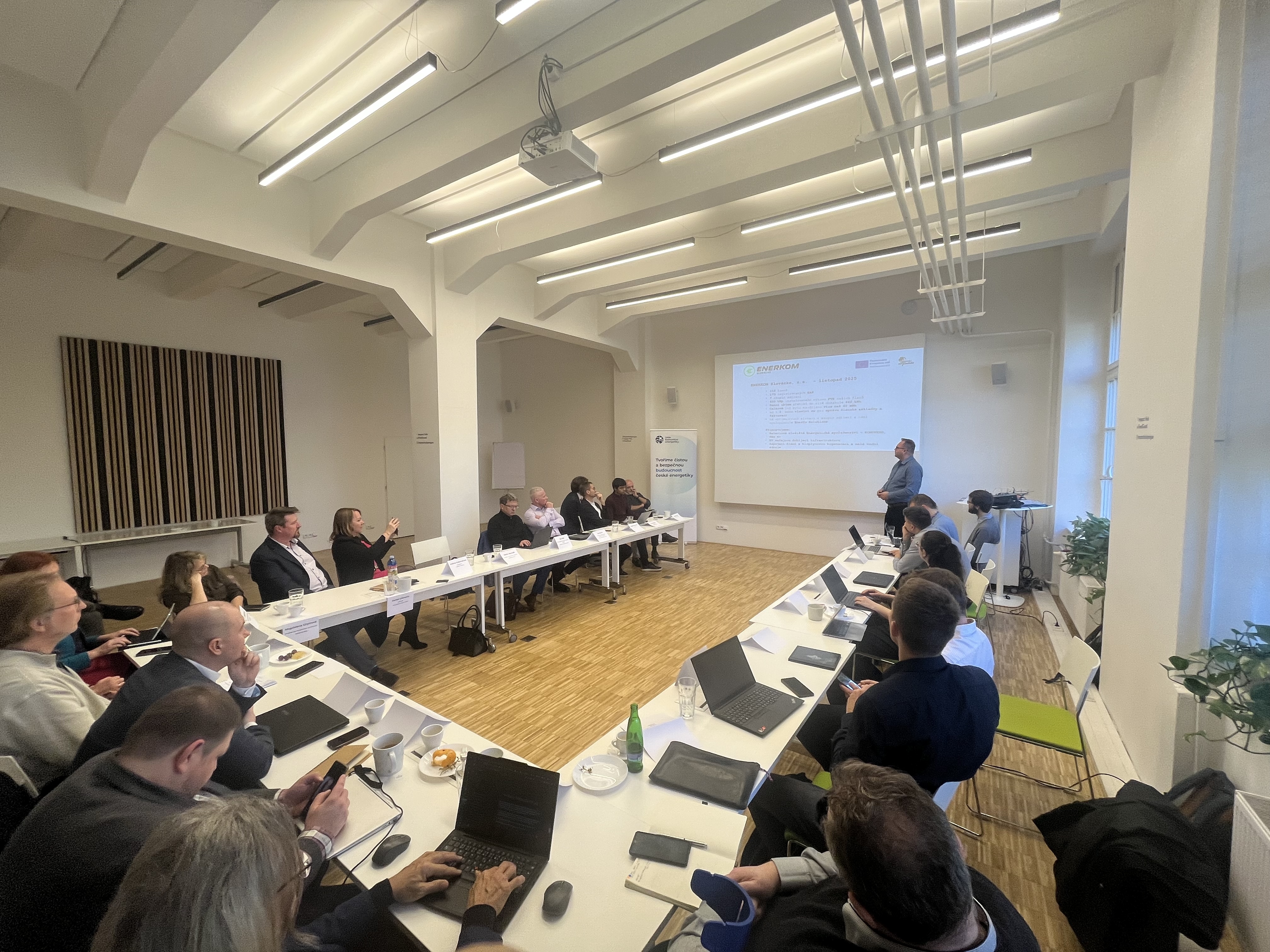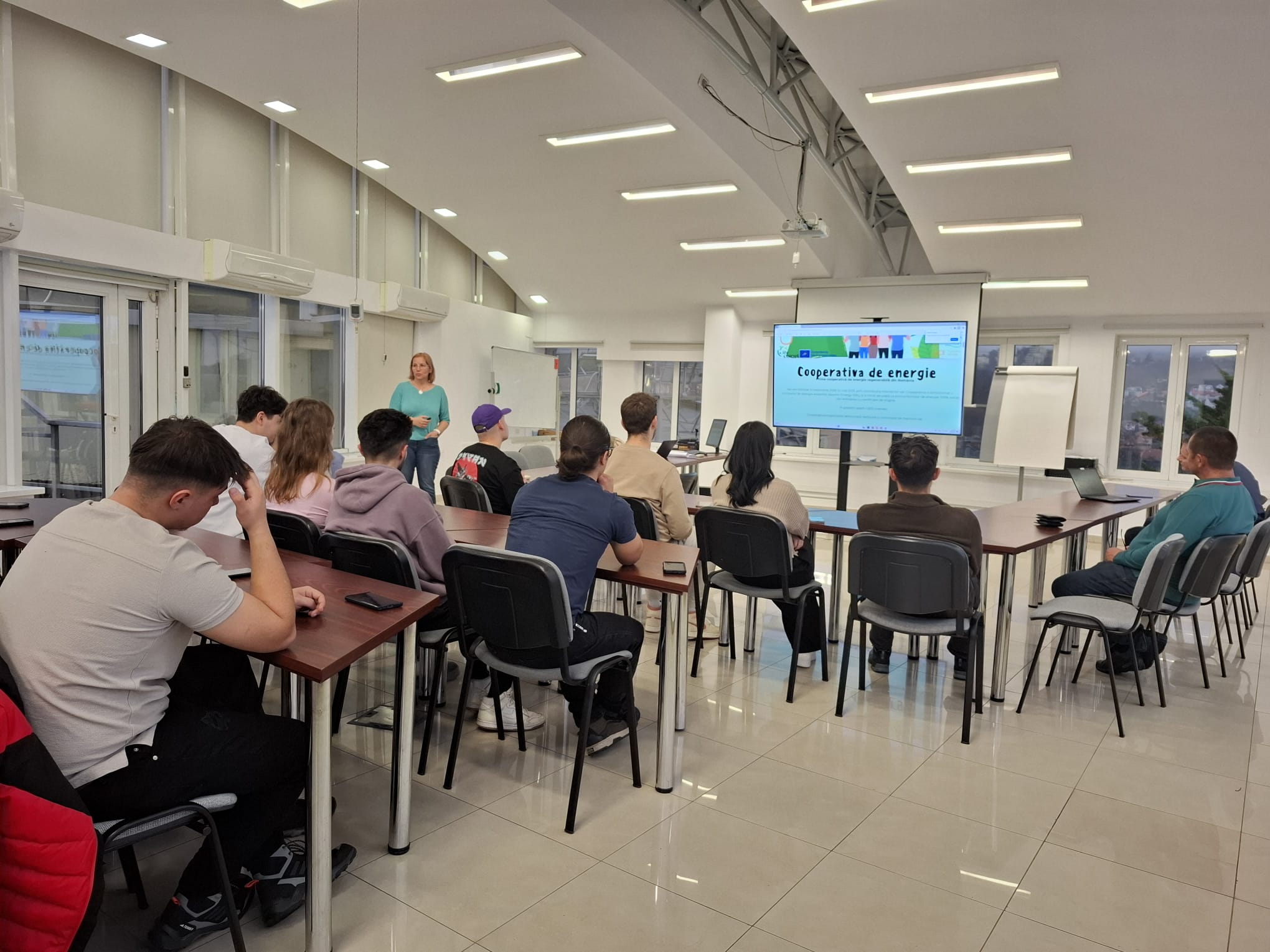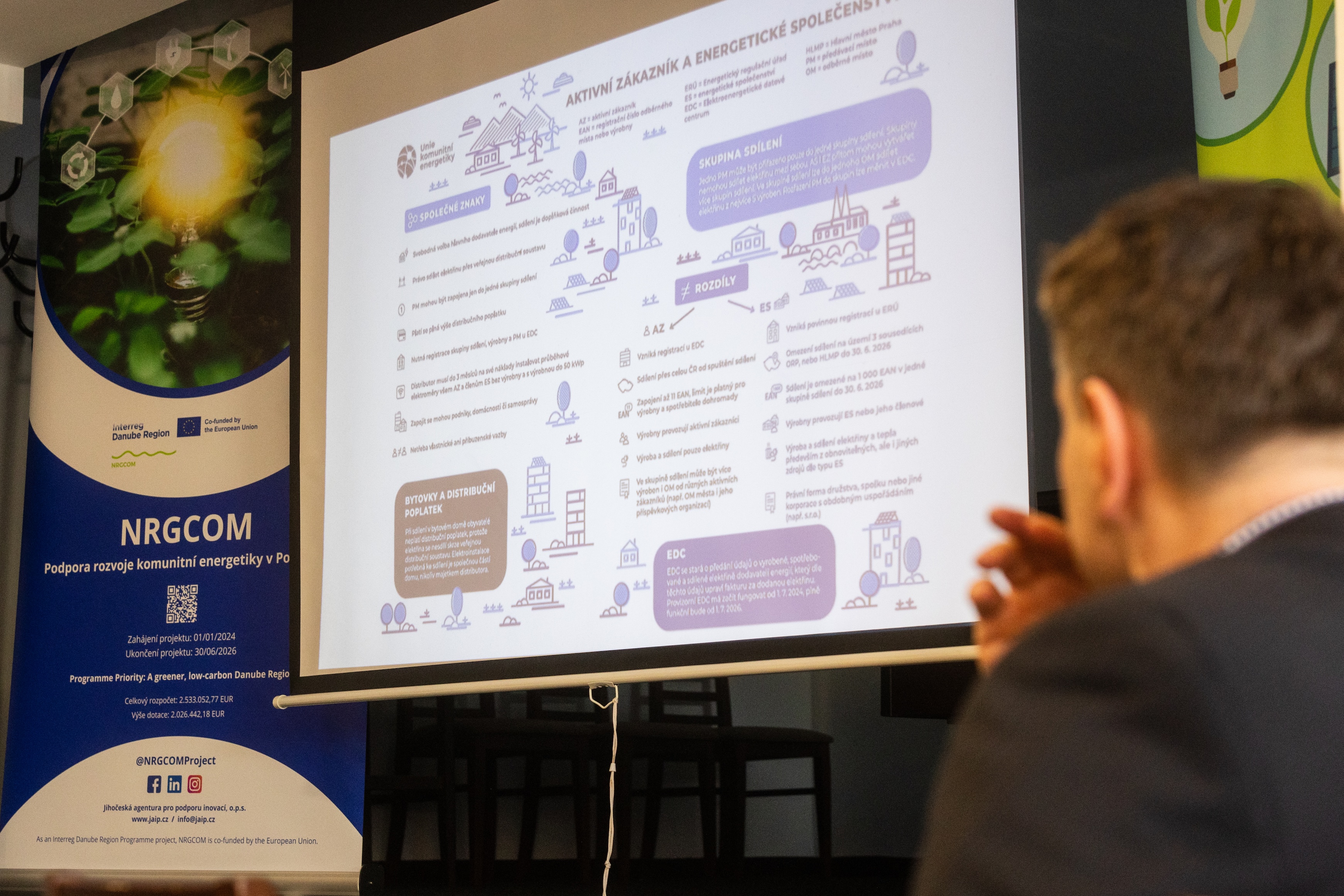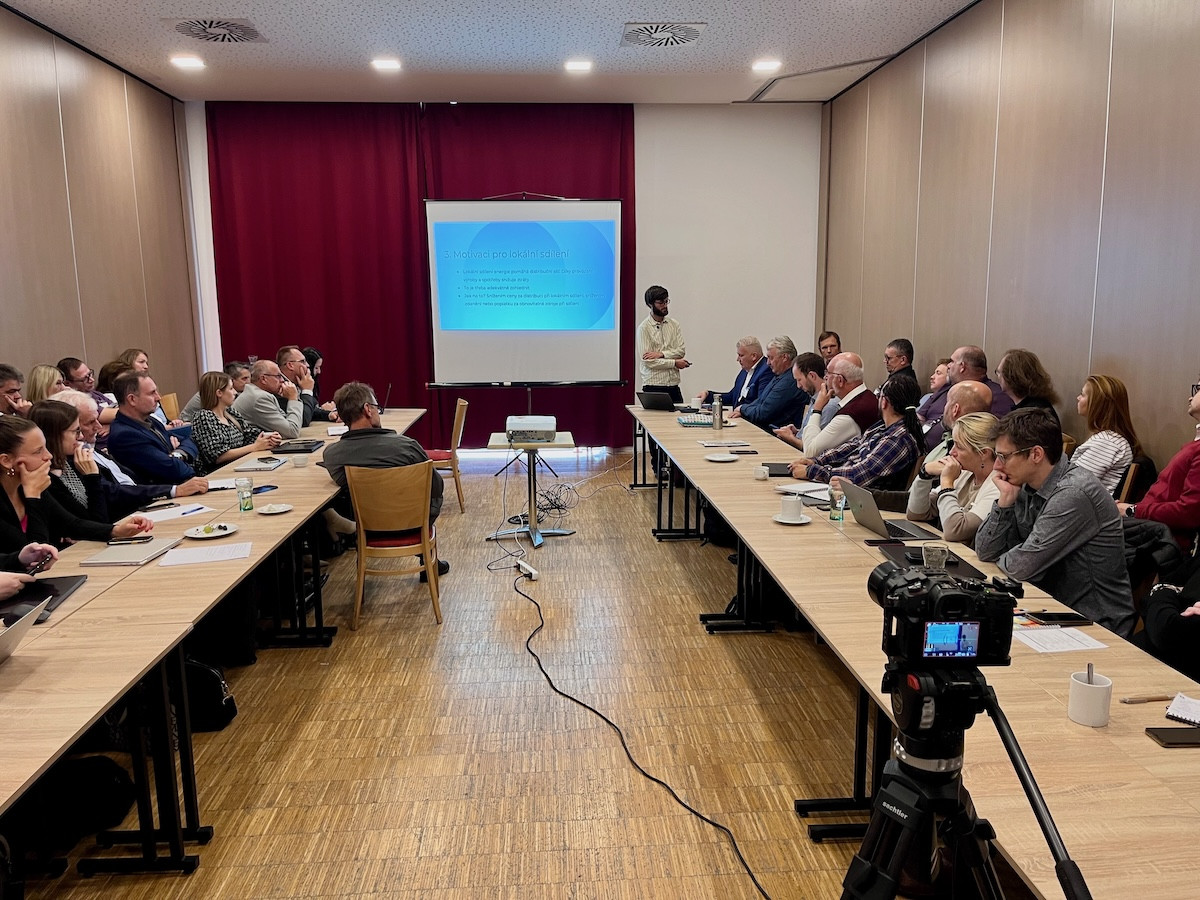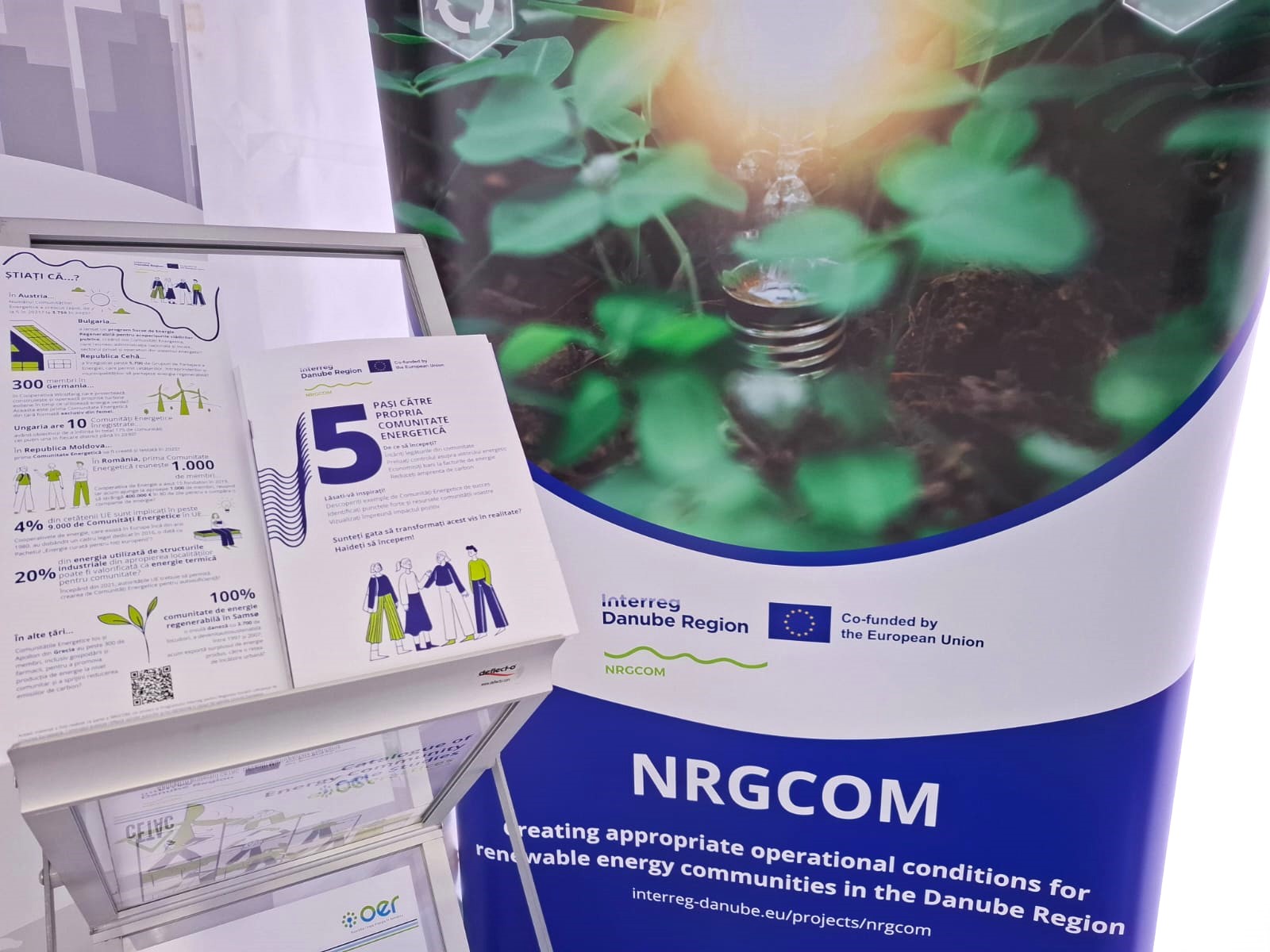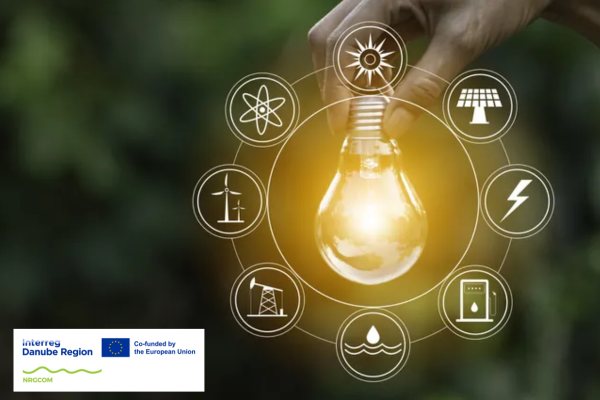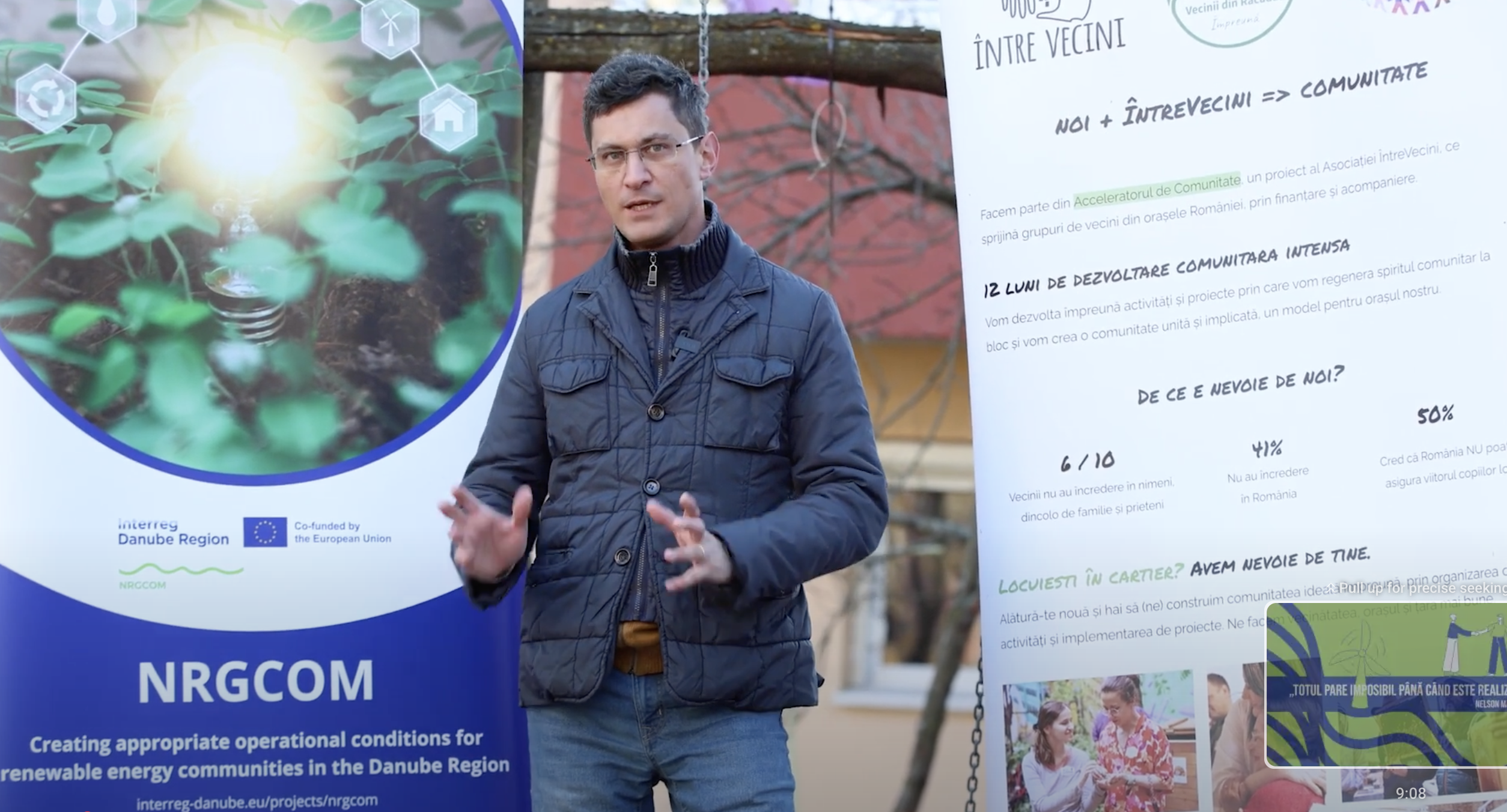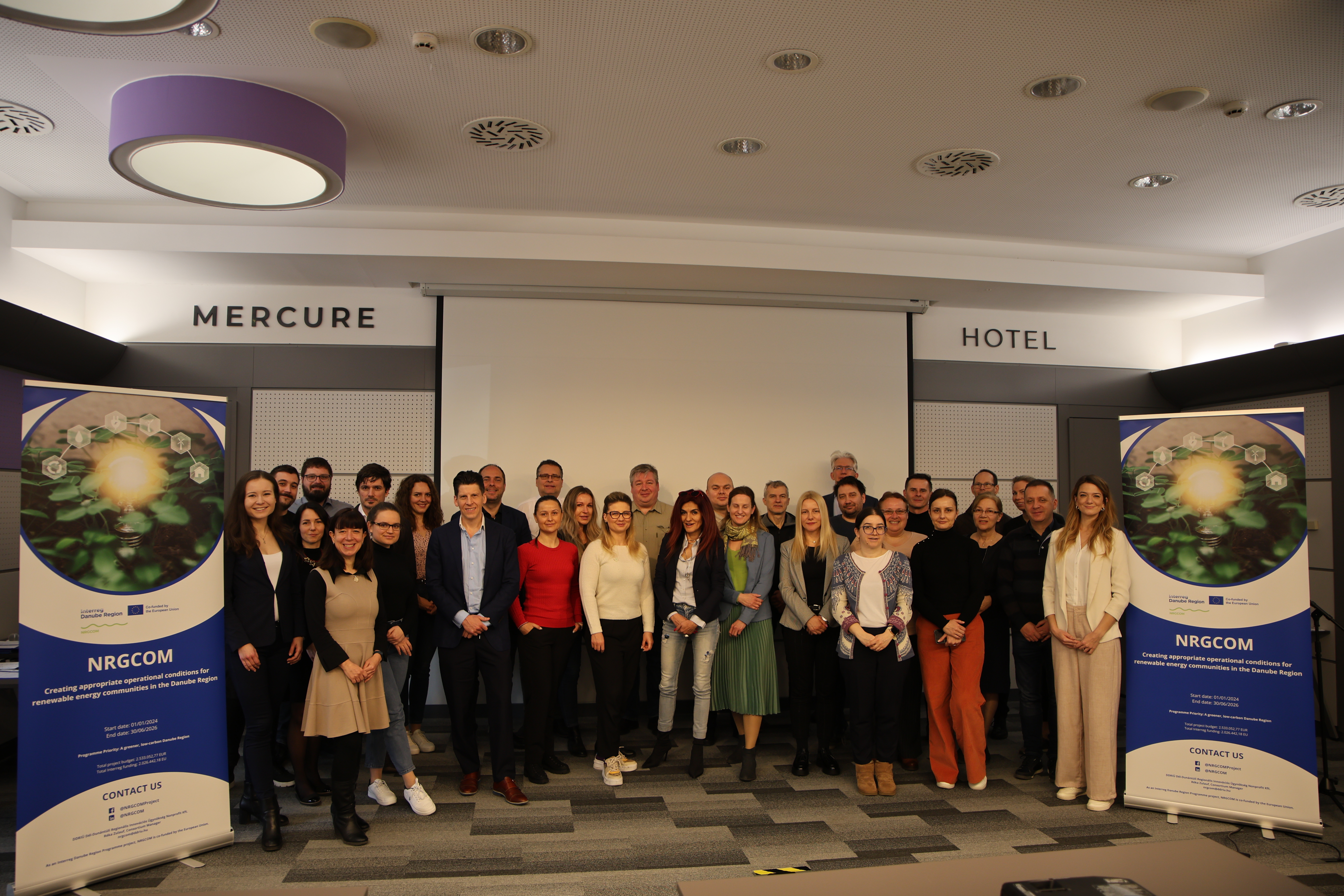
Promoting Energy Efficiency and Energy Communities in the Danube Region: NRGCOM Project Ignites Change
The NRGCOM project, aiming to enhance the spread of energy communities by creating an appropriate environment for their proper functioning in the Danube Region was officially launched in January 2024 and is scheduled to run until June 2026. With a consortium consisting of 13 project partners from 12 countries and 14 associated strategic partners, the project kicked off with a dynamic opening event held from March 12th to 14th in Budapest, Hungary.
With the support of the Interreg Danube Region Programme, co-financed by the European Union, the NRGCOM project has commenced its journey in January 2024. The overarching goal of the project is to promote an enabling operational environment to contribute to increased energy efficiency, with a particular focus on the widespread adoption of energy communities in the Danube Region.
From March 12th to 14th, 2024, the Mercure Hotel Castle Hill Budapest hosted the project's opening event and partner meeting, attended by representatives of all 13 members from 12 countries.
As the director of the South Transdanubian Regional Innovation Agency and Lead Partner of the project, Mr. Zoltán Haász outlined the ambitious goals of the NRGCOM project: „It aims to meticulously review national legal frameworks governing energy communities, analyze internal operational practices, and develop sustainable operational strategies. Additionally, the project seeks to craft policy recommendations for fostering an optimal operational environment.â

To support these objectives, the project plans to establish a network of "Renewable Energy Community Ambassadors." These ambassadors will mentor energy community initiatives and provide ongoing support to established communities, facilitating the implementation of best practices.
Moreover, Mr. Haász highlighted the project's commitment to consolidating best practices into a digital database and disseminating a comprehensive guide (White Paper). This guide, derived from project results, will be shared with decision-makers to drive localized changes in energy management.
News & Events
Read the most recent updates and explore the upcoming events.

